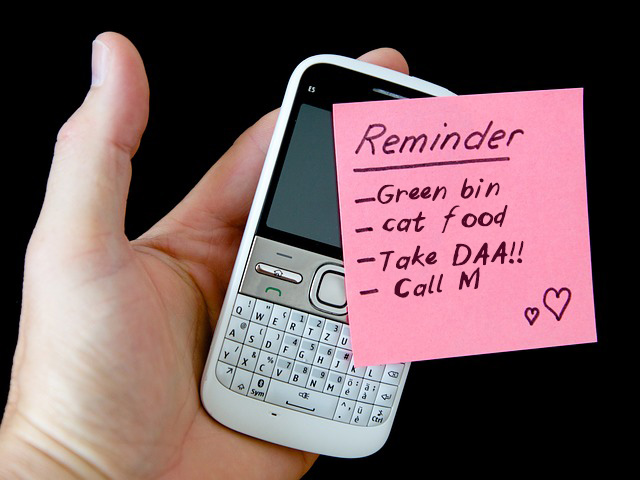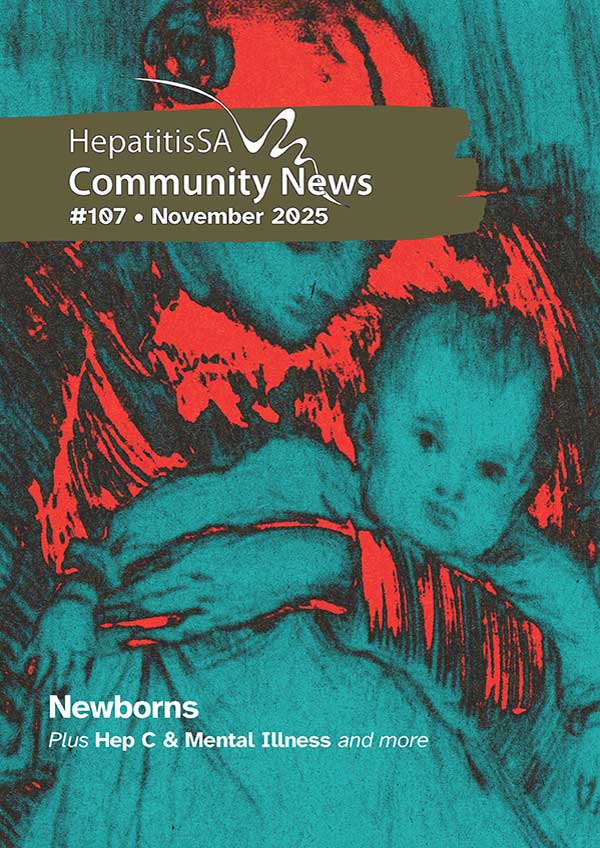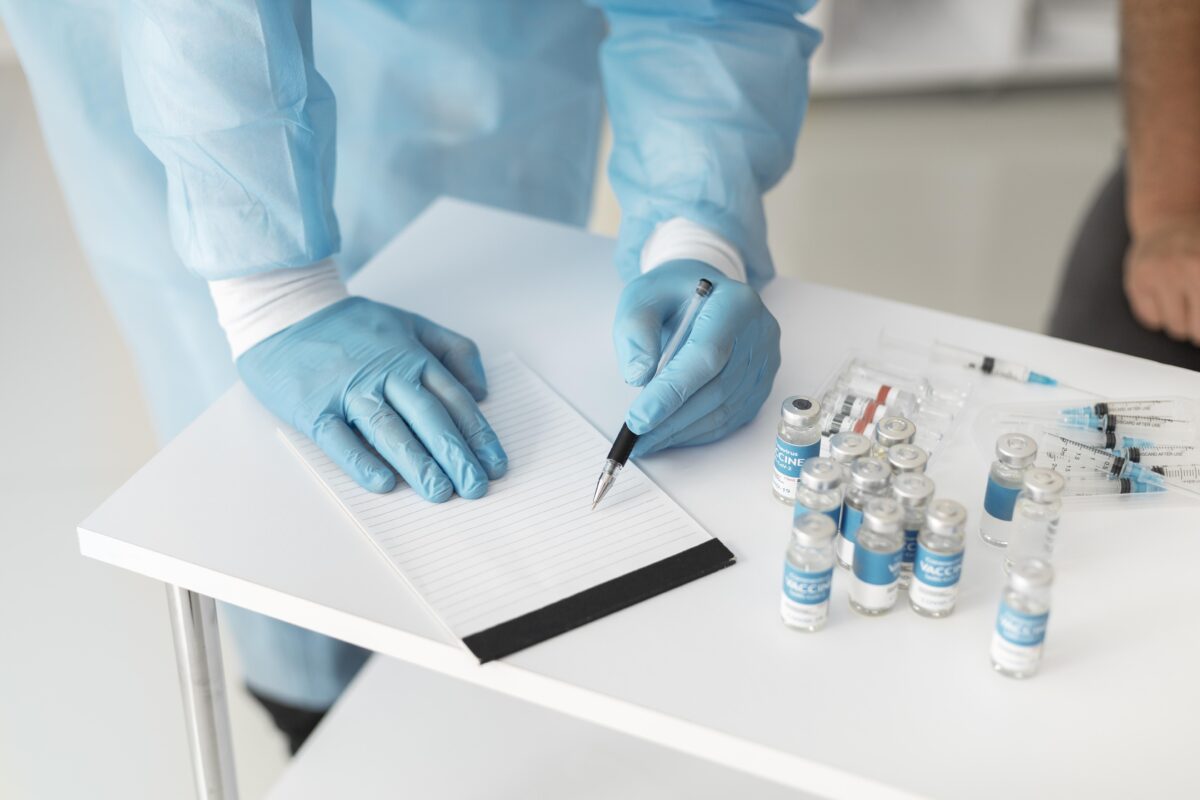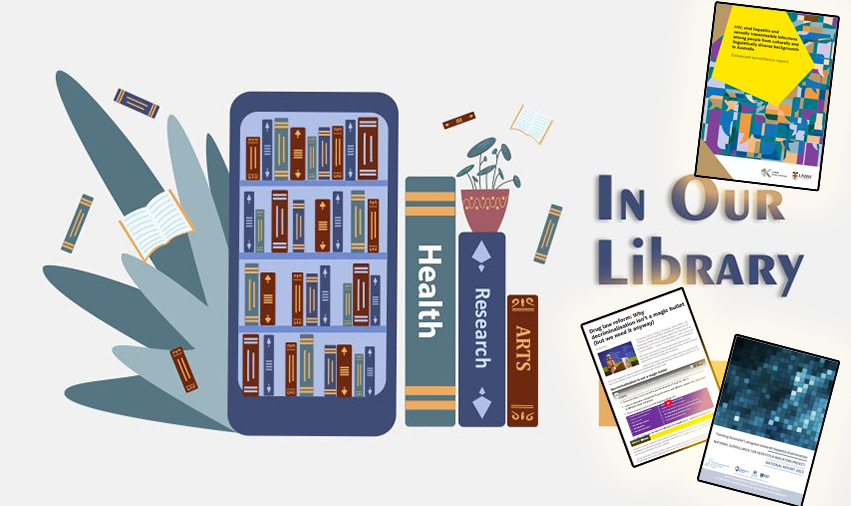Taking every dose of your direct-acting antiviral gives you the best chance of a cure. Because many of these drugs are new, it’s not yet clear how missed doses may affect the success of your treatment, so it’s better to be safe than sorry and try not to miss any dose.
Remembering every dose can be difficult even when motivation is high and the treatment course short, as is the case for most people on the new hepatitis C medicines. The information that came with your drug should advise you on what to do if you do miss a dose and whether you should take it later or skip it.
To make it more difficult some people will already be on other medications and will need to work the new drug into their routine.
So how do you remember? Here are a few strategies to try:

Autopilot
A lot of what we do in the day is on automatic pilot so an easy way of remembering your dose is to incorporate it into your routine tasks. You could try putting your pills next to something you use everyday such as your kettle, toothbrush or cereal box. This can work especially well if you are able to put the pills in the way of or on top of what you need to use such as the coffee jar.
Prompts
Another successful method is to use a prompt which is easier than ever with all of the technology available to us. For instance, set a reminder on your phone or download a medicine management app. An app may also be able to manage your scripts and prompt you to refill them (see the resources section for some suggested apps). You can also just write a note to put on your fridge or bathroom mirror.

Tracking
Keeping track of whether or not you’ve taken your tablet can be another strain on your memory, mainly because we do so many things automatically (try remembering what you had for breakfast!). Transferring your tablets to a dose box could help with this as could marking it off on your calendar or clicking it as done on your phone reminder or reminder app. Being able to easily see how many doses you’ve taken can also be a good prompt to refill your script in time so that you have your medication when you need it.
The old trick of turning the pill bottle over after taking a tablet is really not very helpful because there’s no way to know which day you turned it over!
What works for you might be a case of trial and error.
People who need to take several medications a day often combine strategies to try to remember them. Here’s an example:
- Drug 1 to be taken on waking with an empty stomach In a dose box on the bedside table with a glass of water
- Drug 2 to be taken with food in the morning Pill bottle kept on top of the coffee jar
- Drug 3 to be injected once per month Phone calendar reminder
A real challenge can be when you don’t have a set routine or when something out of the ordinary happens, such as eating out or going away. If this is the case, you are probably better off relying on reminders.
Finally, while taking every dose is best, try not to stress if you do miss a dose here or there. ‘Real-world outcomes’ (where cure rates of all patients are compared against the clinical trials) for these drugs are very good and you are still very like to clear the virus.
Resources
The following apps are all Australian and are available for iPhone and Android. All apps collect data about you which is stored by the app owners; you should consider whether this is appropriate for you.
- Medadvisor Requires you to deposit your script with the chemist. Script refills can be ordered via the app.
- Chemist Warehouse app For people who fill their script with this chemist, requires you to deposit your script. Script refills can be ordered visa the app. Sends ads to your device.
- NPS Medicine Wise Meds List Has a smartphone app, online form and paper form.
Other resources
Our Tips for Managing Medicines card has a weekly tracker so you can check off your dose. Send an email to and we’ll send you one or you can make up a similar tracker yourself.
Last updated 16 July 2024
More from:
Enjoyed this article? Subscribe to be notified whenever we publish new stories.
Subscribe for Updates





